Navigating The Bottled Water Market: A Comprehensive Guide To Popular Brands
Navigating the Bottled Water Market: A Comprehensive Guide to Popular Brands
Related Articles: Navigating the Bottled Water Market: A Comprehensive Guide to Popular Brands
Introduction
In this auspicious occasion, we are delighted to delve into the intriguing topic related to Navigating the Bottled Water Market: A Comprehensive Guide to Popular Brands. Let’s weave interesting information and offer fresh perspectives to the readers.
Table of Content
Navigating the Bottled Water Market: A Comprehensive Guide to Popular Brands
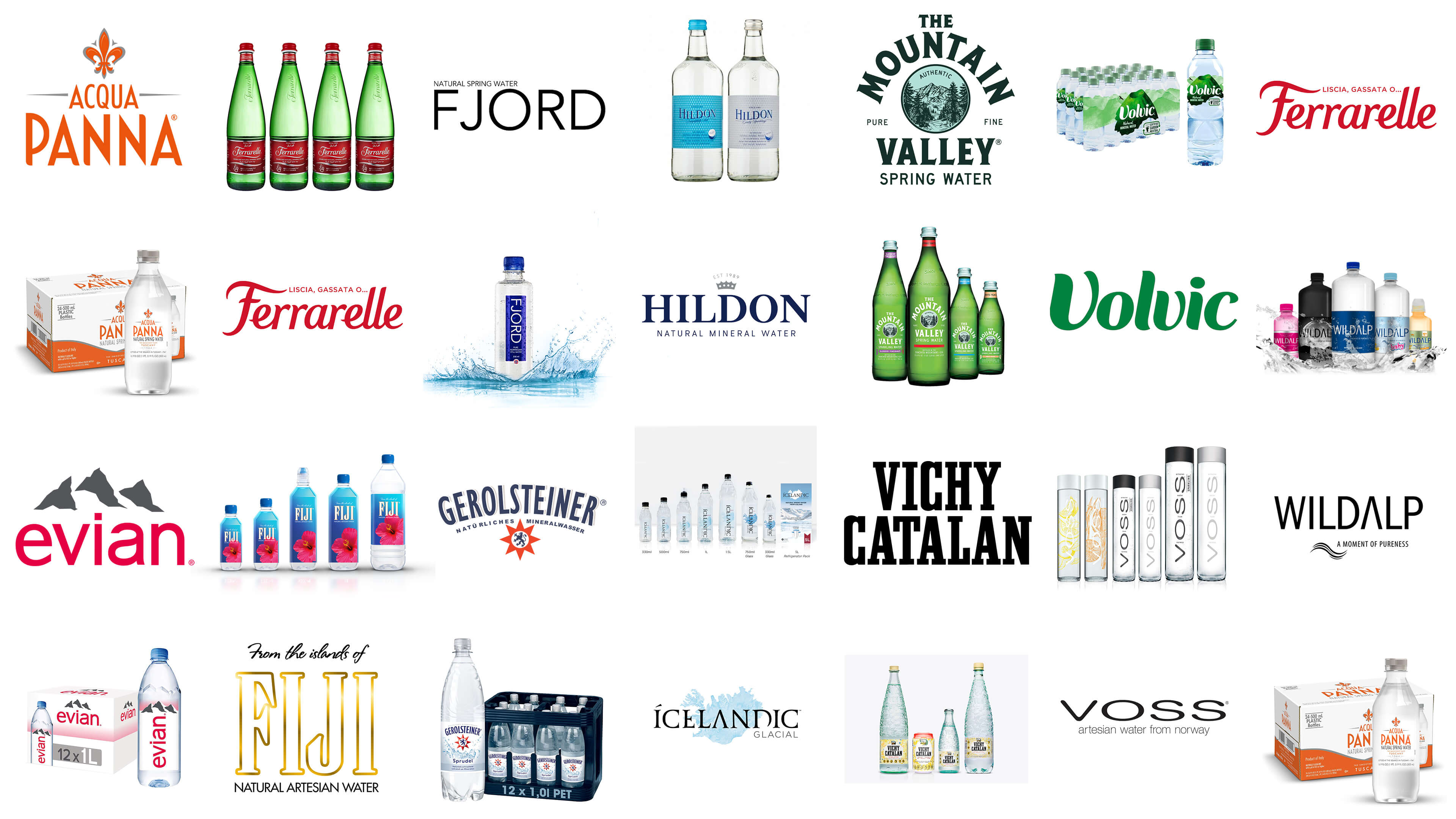
The global bottled water market is a multi-billion dollar industry, driven by increasing consumer demand for convenient, safe, and often perceived as healthier hydration options. This article will provide a comprehensive overview of the popular bottled water brands that dominate the market, exploring their key features, target demographics, and the factors contributing to their success.
Understanding Consumer Preferences and Market Trends
The bottled water market is dynamic, with consumer preferences constantly evolving. Key factors influencing consumer choice include:
- Taste and Purity: Consumers prioritize water with a clean, refreshing taste and high levels of purity, often seeking out brands that utilize advanced filtration systems and source water from pristine sources.
- Sustainability: Environmental concerns are driving a growing demand for sustainable bottled water options, with consumers favoring brands that prioritize responsible sourcing, packaging, and recycling initiatives.
- Health and Wellness: Many consumers associate bottled water with health benefits, particularly those seeking specific mineral content or pH levels. Brands that emphasize these aspects often attract a dedicated following.
- Brand Image and Perception: Consumers often develop brand loyalty based on factors like perceived quality, marketing campaigns, and the brand’s overall image.
Popular Bottled Water Brands: A Detailed Examination
1. Aquafina (PepsiCo):
Aquafina is a global bottled water brand owned by PepsiCo. Known for its clean, crisp taste, Aquafina utilizes a multi-step purification process to remove impurities and minerals, resulting in a neutral-tasting water. The brand’s marketing focuses on purity and refreshment, targeting a broad audience across various demographics.
- Key Features: Aquafina’s purification process involves reverse osmosis, a technology commonly used for removing contaminants from water. This process removes minerals, resulting in a neutral taste.
- Target Audience: Aquafina targets a wide audience, appealing to consumers seeking a clean and refreshing taste at an affordable price.
- Sustainability Initiatives: Aquafina has implemented various sustainability initiatives, including using recycled plastic for its bottles and supporting water conservation efforts.
2. Dasani (The Coca-Cola Company):
Dasani is a bottled water brand owned by The Coca-Cola Company. It is known for its distinctive taste, achieved through a unique purification process that adds minerals back to the water. Dasani’s marketing emphasizes its balanced mineral profile, positioning it as a healthier hydration option.
- Key Features: Dasani’s purification process involves a combination of reverse osmosis and remineralization, adding minerals like calcium, magnesium, and potassium to enhance taste and perceived health benefits.
- Target Audience: Dasani appeals to health-conscious consumers seeking a water with a balanced mineral profile and a refreshing taste.
- Sustainability Initiatives: Dasani has committed to using recycled plastic for its bottles and reducing its carbon footprint through various initiatives.
3. Fiji Water:
Fiji Water is a premium bottled water brand sourced from an artesian aquifer in Fiji. It is known for its naturally occurring minerals and its distinctive, slightly sweet taste. Fiji Water’s marketing emphasizes its natural origin and its unique taste, targeting affluent consumers seeking a luxurious hydration experience.
- Key Features: Fiji Water is naturally filtered through volcanic rock, resulting in a unique mineral profile and a slightly sweet taste. It is also naturally alkaline, with a pH level of 7.7.
- Target Audience: Fiji Water targets affluent consumers who prioritize quality, naturalness, and a premium brand experience.
- Sustainability Initiatives: Fiji Water has implemented various sustainability initiatives, including using 100% recycled plastic for its bottles and supporting local communities in Fiji.
4. Evian:
Evian is a premium bottled water brand owned by Danone. It is sourced from the French Alps and known for its purity, mineral content, and unique taste. Evian’s marketing emphasizes its natural origin, purity, and health benefits, targeting a discerning audience seeking a high-quality hydration option.
- Key Features: Evian is naturally filtered through glacial rock and contains a unique mineral profile. It is also naturally alkaline, with a pH level of 7.2.
- Target Audience: Evian targets a discerning audience seeking a high-quality, naturally sourced water with a balanced mineral profile.
- Sustainability Initiatives: Evian has committed to using recycled plastic for its bottles and reducing its carbon footprint through various initiatives.
5. Perrier:
Perrier is a sparkling mineral water brand known for its distinctive, slightly bitter taste and its iconic green glass bottle. It is sourced from a natural spring in France and is naturally carbonated. Perrier’s marketing emphasizes its unique taste, its natural origin, and its association with French culture, targeting a sophisticated audience seeking a distinctive and refreshing beverage.
- Key Features: Perrier is naturally carbonated and contains naturally occurring minerals, resulting in a distinctive, slightly bitter taste. It is also naturally alkaline, with a pH level of 7.5.
- Target Audience: Perrier targets a sophisticated audience seeking a unique and refreshing beverage with a distinctive taste and a strong association with French culture.
- Sustainability Initiatives: Perrier has implemented various sustainability initiatives, including using recycled glass for its bottles and reducing its carbon footprint through various initiatives.
6. Poland Spring:
Poland Spring is a bottled water brand owned by Nestlé Waters North America. It is known for its clean, crisp taste and its association with the natural beauty of its source in Maine. Poland Spring’s marketing emphasizes its natural origin and its commitment to sustainability, targeting a broad audience seeking a convenient and refreshing hydration option.
- Key Features: Poland Spring is sourced from natural springs in Maine and is known for its clean, crisp taste.
- Target Audience: Poland Spring targets a broad audience seeking a convenient and refreshing hydration option with a focus on naturalness and sustainability.
- Sustainability Initiatives: Poland Spring has implemented various sustainability initiatives, including using recycled plastic for its bottles and supporting water conservation efforts.
7. Voss:
Voss is a premium bottled water brand known for its minimalist design and its association with luxury and exclusivity. It is sourced from an artesian aquifer in Norway and is known for its purity and its distinctive, slightly sweet taste. Voss’s marketing emphasizes its natural origin, its purity, and its association with luxury, targeting a discerning audience seeking a premium hydration experience.
- Key Features: Voss is naturally filtered through glacial rock and contains a unique mineral profile. It is also naturally alkaline, with a pH level of 7.8.
- Target Audience: Voss targets a discerning audience seeking a premium hydration experience with a focus on purity, naturalness, and exclusivity.
- Sustainability Initiatives: Voss has implemented various sustainability initiatives, including using recycled plastic for its bottles and supporting water conservation efforts.
Factors Contributing to the Success of Popular Bottled Water Brands
- Strong Brand Identity and Marketing: Successful bottled water brands have cultivated a strong brand identity and employed effective marketing strategies to create a distinct brand image and appeal to specific consumer segments.
- Quality and Purity: Consumers are increasingly demanding high-quality, pure water, and brands that prioritize these factors have gained significant market share.
- Sustainability and Environmental Responsibility: Consumers are increasingly concerned about environmental sustainability, and brands that demonstrate a commitment to responsible sourcing, packaging, and recycling practices are gaining favor.
- Innovation and Product Differentiation: Brands that differentiate themselves through unique features, such as enhanced mineral content, unique taste profiles, or innovative packaging designs, often attract a dedicated following.
FAQs
1. What is the difference between purified water and mineral water?
Purified water has undergone a purification process to remove impurities and minerals, resulting in a neutral taste. Mineral water contains naturally occurring minerals, which contribute to its distinctive taste and perceived health benefits.
2. Are bottled water brands truly sustainable?
The sustainability of bottled water brands is a complex issue. Some brands have implemented various initiatives to reduce their environmental impact, such as using recycled plastic for their bottles and supporting water conservation efforts. However, the production and transportation of bottled water still contribute to environmental concerns.
3. Is bottled water healthier than tap water?
In most developed countries, tap water is safe and meets regulatory standards for drinking water. Bottled water may offer additional benefits, such as enhanced mineral content or specific pH levels, but it is not necessarily healthier than tap water.
4. How can I choose the right bottled water brand for me?
Consider your individual preferences and priorities, such as taste, purity, mineral content, sustainability, and price. Research different brands and their features to find the best option for your needs.
Tips for Choosing a Bottled Water Brand
- Read the label: Pay attention to the source of the water, the purification process, and the mineral content.
- Look for sustainable packaging: Choose brands that use recycled plastic or other sustainable materials for their bottles.
- Consider your budget: Bottled water brands vary in price, so choose a brand that fits your budget.
- Taste test different brands: Try several brands to find the taste you prefer.
Conclusion
The bottled water market is a dynamic and diverse landscape, with a wide range of brands catering to various consumer preferences and needs. Understanding the key factors influencing consumer choice, the features of popular brands, and the factors contributing to their success can help consumers make informed decisions about their hydration choices. As consumer awareness of sustainability and health continues to grow, the bottled water market is expected to evolve further, with brands focusing on innovation, transparency, and responsible practices to meet the changing demands of a discerning consumer base.



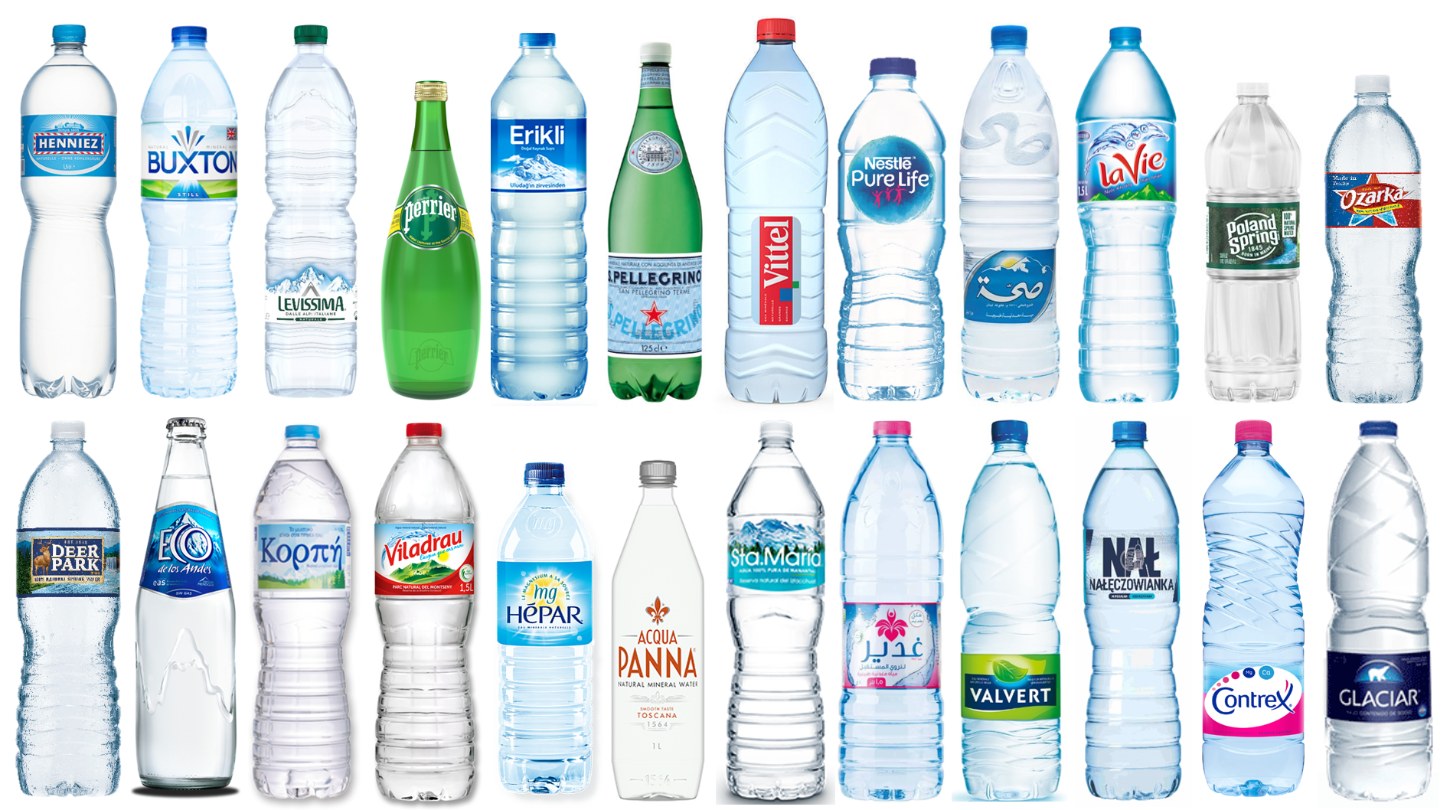
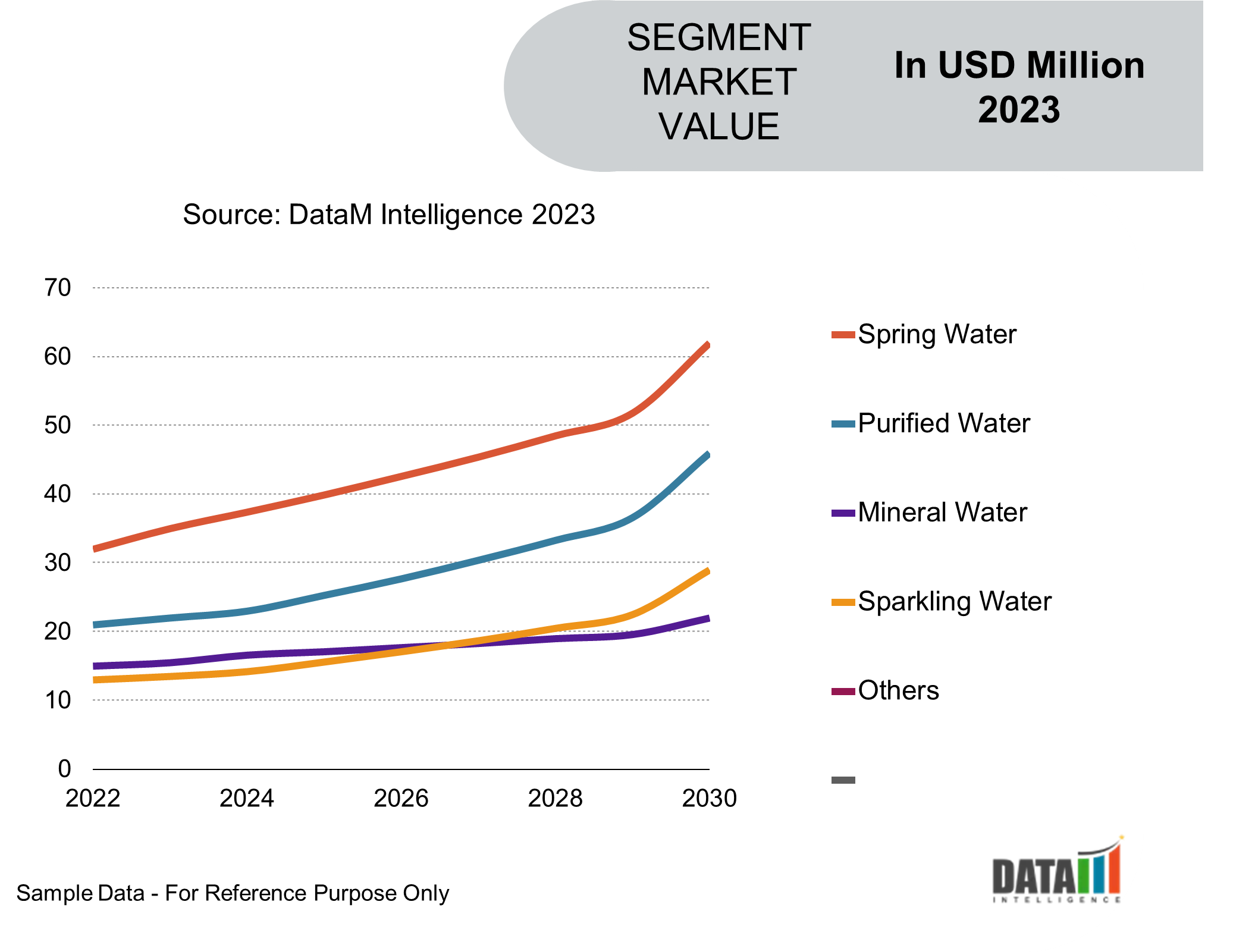
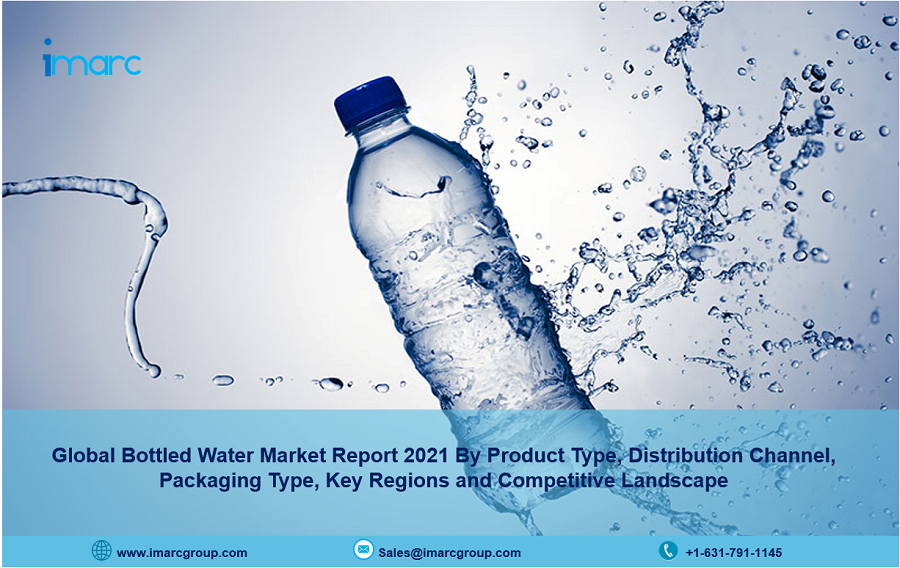
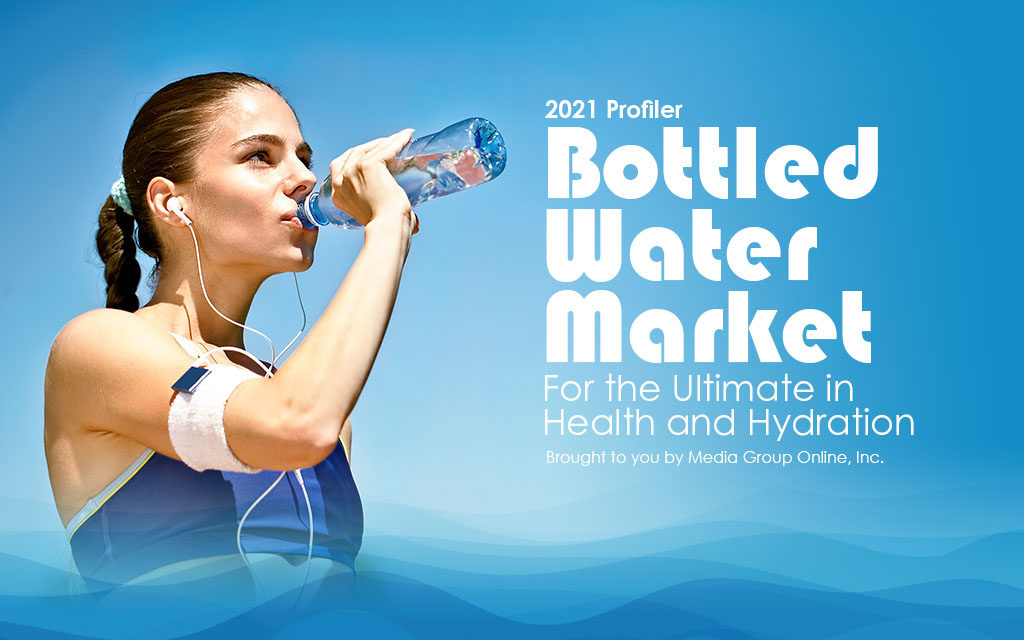
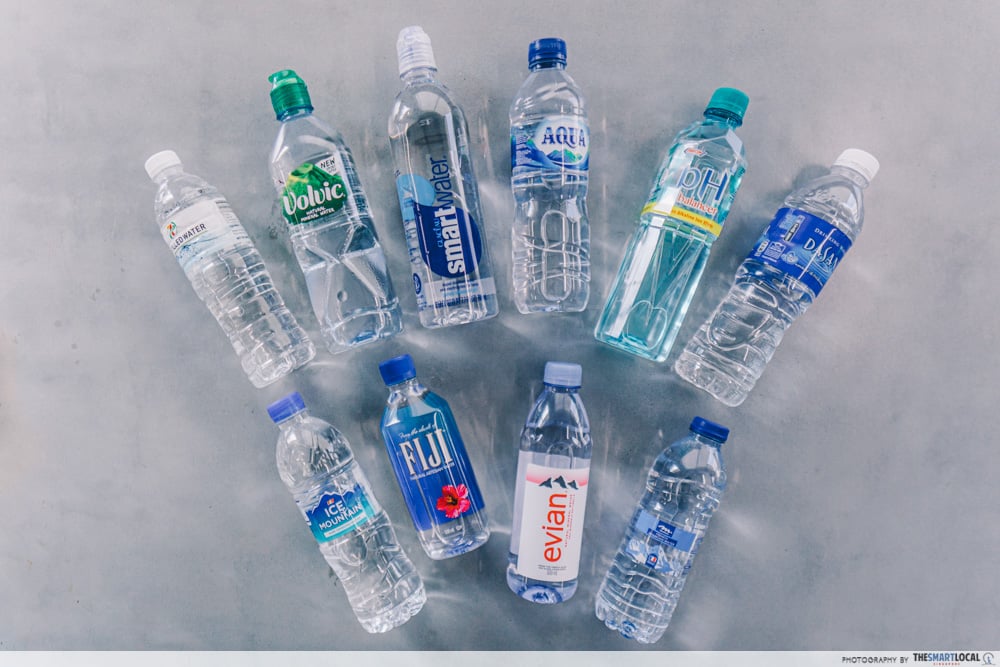
Closure
Thus, we hope this article has provided valuable insights into Navigating the Bottled Water Market: A Comprehensive Guide to Popular Brands. We hope you find this article informative and beneficial. See you in our next article!